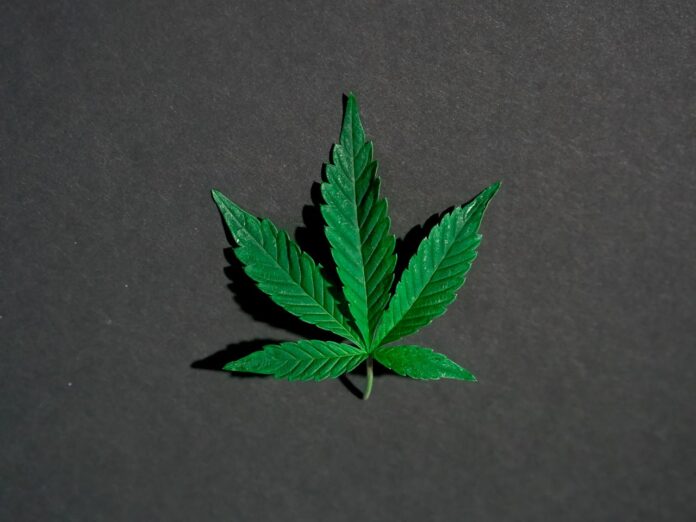“The herb is the healing of the nation.”
In Rastafarian belief, ganja (cannabis) is not a recreational drug — it’s a sacred plant. Used in spiritual ceremonies, personal meditation, and communal reasoning sessions, ganja is a tool to heighten consciousness and connect more deeply with Jah (God).
Rastas trace the sacred use of ganja back to biblical scriptures, such as Psalm 104:14, which speaks of “herb for the service of man.” They see cannabis as a natural gift meant to aid spiritual awakening, cleanse the body, and promote peace of mind. Smoking ganja is often referred to as a form of worship, a way to purify thought, strengthen unity, and break down barriers between individuals and the divine.
During reasoning sessions, small groups of Rastas gather in a circle to discuss spiritual matters, current events, or philosophical ideas, passing the chalice (pipe) or a hand-rolled spliff in a communal ritual. These gatherings are not parties — they are sacred spaces where higher consciousness is pursued and shared. Ganja helps to slow the mind, remove distractions, and open deeper levels of overstanding (understanding from a higher, spiritual place).
Importantly, not all Rastafarians use ganja. While many embrace its sacramental role, others focus on prayer, music, and fasting as their primary spiritual practices. Those who do use it approach ganja with reverence, not as an escape or casual indulgence.
In modern times, the global legalization movement has sometimes blurred the sacred meaning of ganja within Rastafari. Yet for true followers, the herb remains a key part of livity — a holy connection to the earth, to each other, and to the Most High.
🌿 Sacred Uses of Ganja in Rastafari 🌿
- Meditation: Enhancing focus and introspection
- Prayer: Opening the mind to spiritual guidance
- Reasoning Sessions: Facilitating deep communal dialogue
- Healing: Physical and emotional cleansing
- Connection to Nature: Honoring Jah’s natural gifts
Respect the herb? Drop your thoughts on spirituality and ganja below


